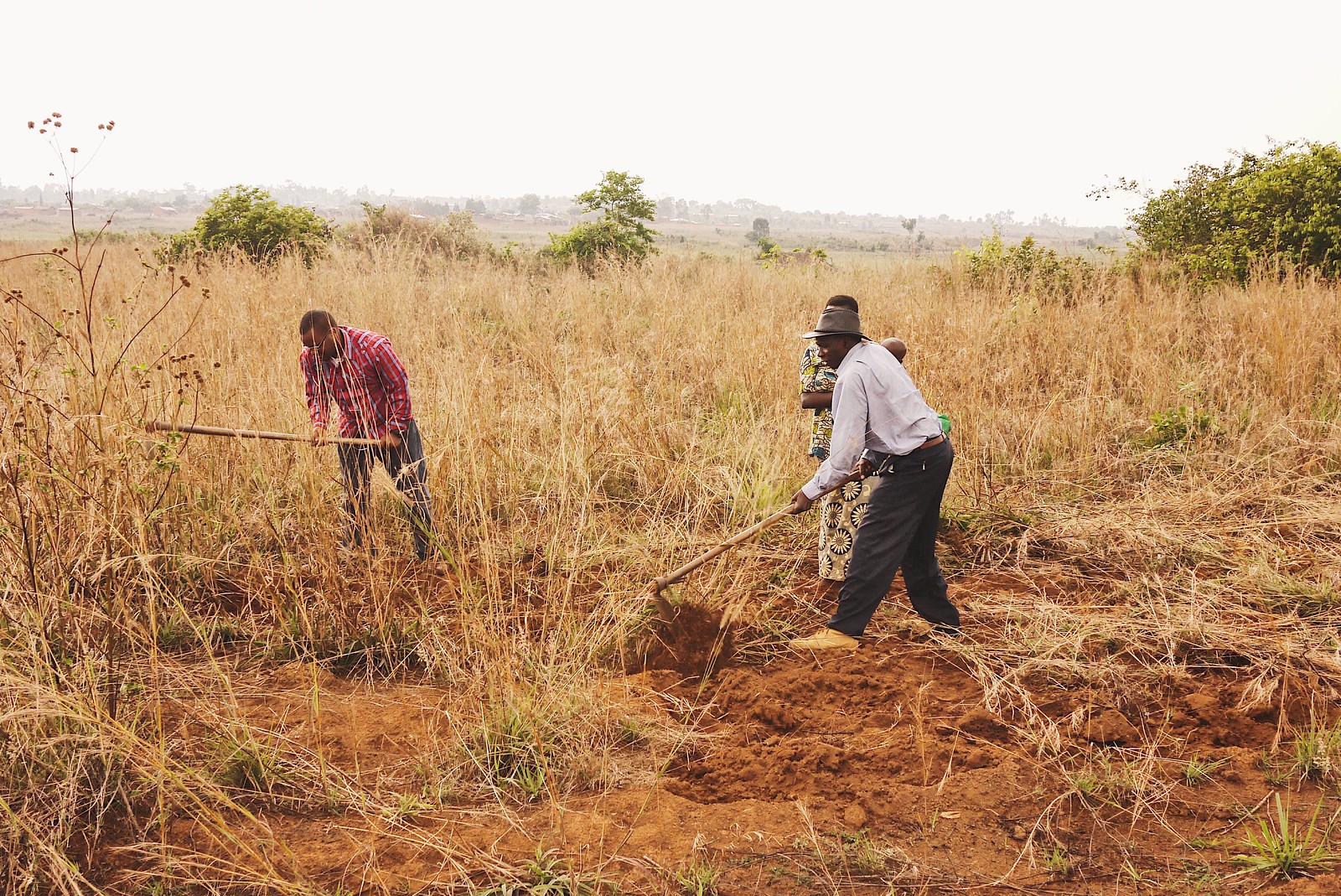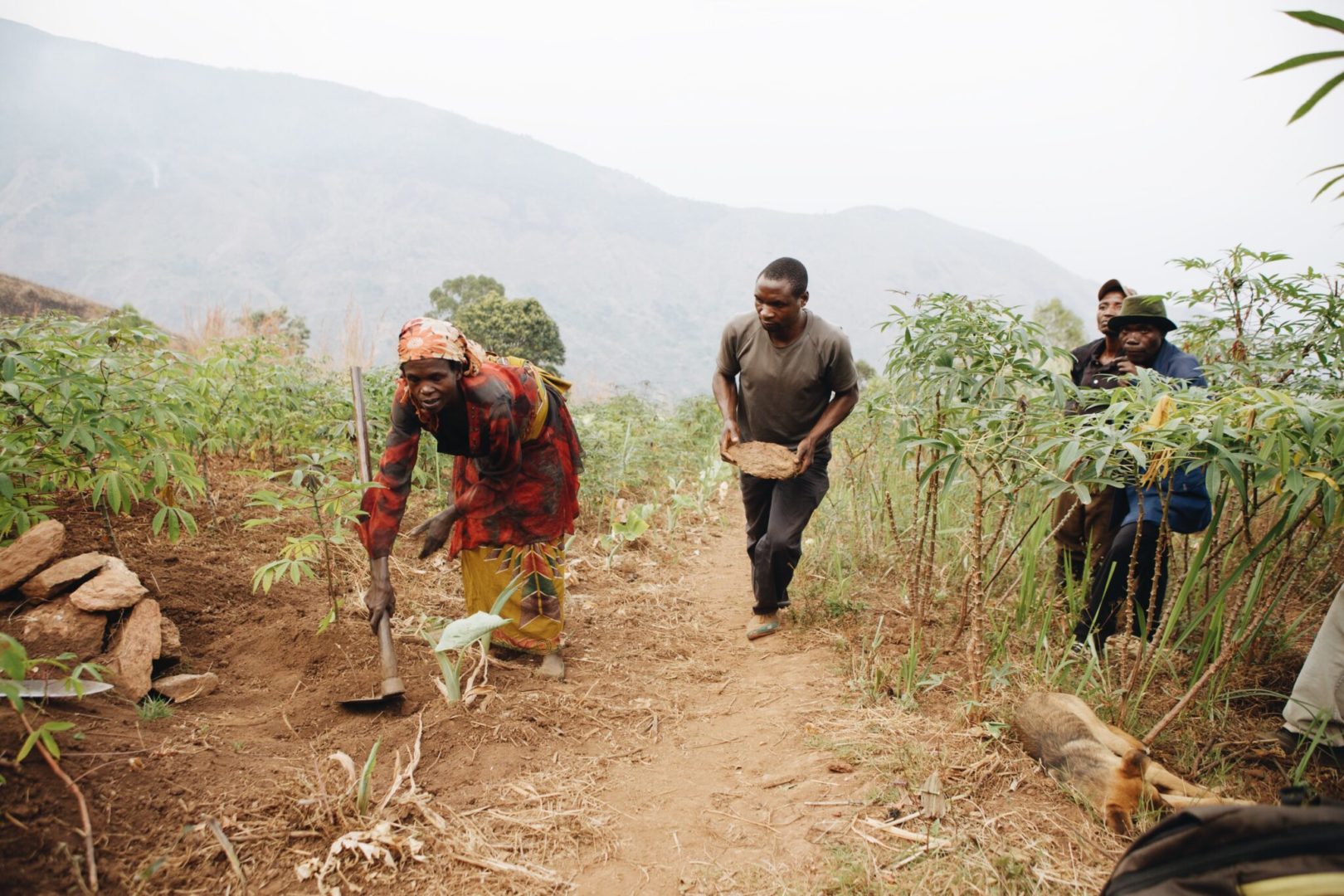Why are some vulnerable rural communities able to thrive in spite of the pandemic?
The COVID-19 pandemic has heightened our awareness of the turmoil in our world. Though we are isolated with family inside our homes, we are also increasingly concerned about the events happening outside. Extreme climate events such as flooding in Sudan and record wildfires on the West Coast of the United States fill our news headlines and, in some cases, even threaten our own homes. For those of us who are involved in the climate change conversation, these tragic events are also a sign of the times. And increasingly, even those who don’t normally engage in discussion around climate change, recognize these dramatic shifts and wonder if they are connected to something more widespread. For all of us, it is alarming.
It can be easy to allow ourselves to be overcome by grief and despair while watching our planet experience one devastating crisis after another. However, Katharine Hayhoe, a climate scientist best known for her viral TedTalk addressing climate change, warns against letting fear and anxiety get the better of us. Instead of allowing climate anxiety to control us, we can choose “rational hope” to guide and motivate us. Despite the overwhelming news that floods our screens, we have reason to be hopeful, particularly when we look at some of the strategies of the world’s vulnerable populations: rural communities. Join our upcoming webinar: “So You Care About Climate Change?” on Thursday October 8 at 9am PDT to hear how your partnership with Plant With Purpose is making a difference.

Investing in the Land
Subsistence farming families rely on a well-functioning ecosystem for their very existence, so they feel a connection to and responsibility for the land. Because of this, rural dwellers are also some of the best equipped to combat and mitigate climate change, as their work sequesters large amounts of carbon. Educating farmers on sustainable agriculture techniques such as agroforestry and the rehabilitation of degraded soil in fields and pastures not only empowers them to take a primary role in the healing of our planet, but also provides them with a means to enhance their livelihoods and withstand future crises (Calmon and Feltran-Barbieri, 2019). With healthy, functioning natural systems, farmers protect land in the long-term; thereby stabilizing and improving agricultural productivity and providing greater incomes for families.
Long-Term Resilience
When rural families invest in their land, they also develop a long-term capacity to adapt to external shocks like the spread of disease and natural disasters. Generally, the most vulnerable families are often the hardest hit by such crises because they tend to hold informal jobs with more inconsistent wages and have limited access to resources—like healthcare and food markets—that would boost their adaptive capacity to emergencies. Ultimately, epidemics and pandemics can cause rural families to “suffer more from disruptions to their livelihoods than from the effects of the disease itself” (World Vision, 2020). However, by implementing sustainable strategies into their livelihood practices, farmers create a safety net to support them when tragedy strikes.
Plant With Purpose: A Model That Works
Plant With Purpose’s unique approach to environmental restoration and poverty alleviation has proven successful even during times of large-scale crisis. Because of actions already taken to preserve their land and their livelihoods, rural families partnering with Plant With Purpose have demonstrated a resiliency to shorter-term shocks to their livelihoods during the COVID-19 pandemic. Recent data analysis from our partners worldwide has shown that fluctuations in indicators like attendance in microfinance groups and amount of individual savings have followed normal yearly trends. Instead of seeing plummeting economic well-being, Plant With Purpose partners appear to be holding steady, having already built up savings and strong adaptive capacity before the pandemic hit.

Despite the hardship and complications to daily activities that the pandemic has provoked, we have seen that Plant With Purpose programming, based on empowering community partners to act as principal agents of their own development and success, is effective. Families around the world are taking actions that mitigate climate change and those same actions have positioned them to be more resilient in the face of recent health and natural disasters. We find that the environment and the economy can work in tandem to provide rural dwellers with sustainable livelihoods based on care for creation. This offers many reasons for hope.
Moving Forward
Climate change affects us all; which means we are all responsible for acting to slow and reverse the environmental crisis. The most important thing that we can do to combat climate change is talk about it (Hayhoe, 2018); talk about our own anxieties and fears but, most importantly, potential solutions. So, come talk with us:
Join us from where you are October 8-10th for our first ever virtual celebration to learn more about how Plant With Purpose is uplifting our partners to be the agents of their own self-determination and lift themselves out of poverty. Register here.
















